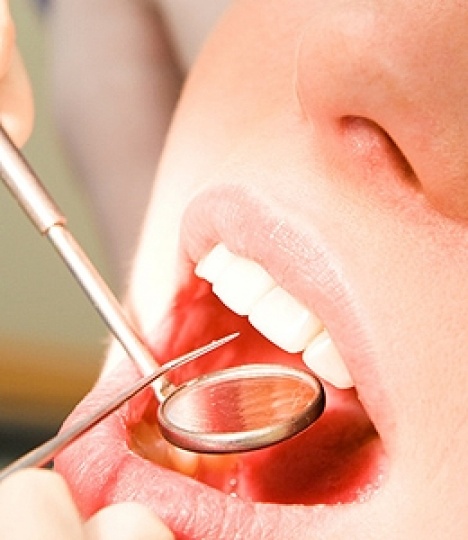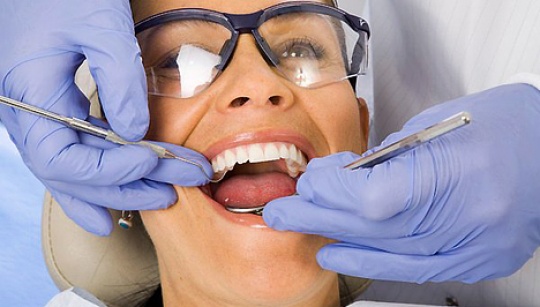Dental clinics abroad
Main page> Dental clinics abroad
Last month I was at a café with a friend to talk. She was back from Hungary, but she wasn’t on holiday, in fact: she was on a holiday, but of another kind. She had to go to the destist, and she needed to be operated, so it would be a very expensive interaction, and she asked some friends where is this kind of service the best for an affordable price. They all told her Eastern Europe, some of them had also known some dentists for that country, they really are professional and much cheaper than on the island.

It made me thinking, and after our conversation I googled a little bit, to find something about the prices and the other differences (quality, service etc.). I found a really interesting text, I share it with you, it is very informative, I don’t own the rights, you can read the whole text here.
Dental treatment in England is the most expensive in Europe, a damning report has revealed. Getting a filling can cost up to 19 times more than in other EU countries, the survey found. The procedure costs £117 on average here compared to £6 in Hungary, the cheapest European country. The findings are likely to fuel the rising tide of ‘health tourists’ travelling from Britain to other EU countries for cheaper healthcare.
Many are dissatisfied they are unable to get NHS dental treatment despite promises from Labour that anybody who wanted a dentist could have one.
The Dutch study, the first to compare the cost of dental work across Europe, found significant differences across nine EU countries in the price of a standard filling.
To undergo the procedure it would cost £117 in England, the most expensive, followed by Italy on £101 and Spain on £94. In Germany it would cost £50 and in France it would be £34. Eastern European countries such as Poland and Hungary were the cheapest. The example used by the researchers was the price for filling in a molar for a 12-year-old girl. It included the cost of x-rays, materials, drugs, overheads and the dentist’s time.
The high cost and the difficulty of finding an NHS dentist has meant dental tourism is the fastest growing category of medical tourism in Britain. Of 770,000 individuals from the UK who went abroad in 2006 for medical treatment an estimated 43 per cent sought dental treatment whilst away, according to the agency Treatment Abroad. Last March the government admitted that two million patients who wanted NHS treatment were unable to get it.

The research was conducted by the Institute for Medical Technology Assessment at Erasmus University in Rotterdam in the Netherlands. Lead author Swan Tan said the reason for the high prices was the amount dentists charge for their time. She said: “Without exception labour costs were the most important cost driver in all countries and practices.
“They accounted for 70 per cent of total costs in England. They ranged from 7p per minute in Hungary to £2.16 a minute in England.”
Over the past decade dentists have dramatically increased the amount of private work they do, at the expense of NHS work.
Dentists with their own practices earned an average income of £105,000 in 2004-5. More than half of that, 52 per cent came from private work, a figure which was 41 per cent in 1999-2000. In 1990 it was just six per cent. The report was published in the journal Health Economics.
Peter Smith, of the Centre for Health Economics at the University of York, one of the researchers, said: “Dentists may use fillings as a loss-leader to bring in customers.
“On higher-cost items they may charge more to recoup their costs”.
Last night the British Dental Association rejected the report’s findings as ‘deeply flawed’ and based on too small a sample.
Chief executive Peter Ward said: “It is impossible to make a sensible comment on a set of flawed data”.
I think nowadays it is worth to travel to Hungary for a couple of days, it is much cheaper, inclusive the travel and accommodation, and one more reason: after the operation, you don’t have to work or do the housework at home, you can relax and heal in a wellness-hotel. I think it is nice. Isn’t it?



